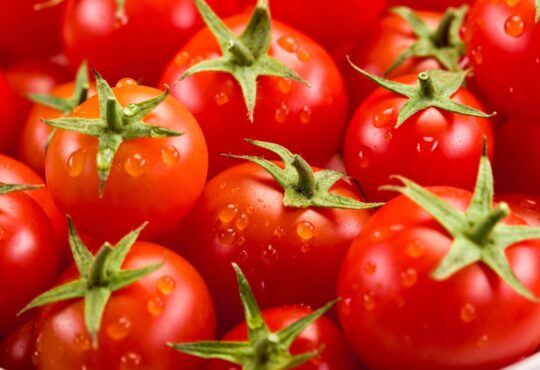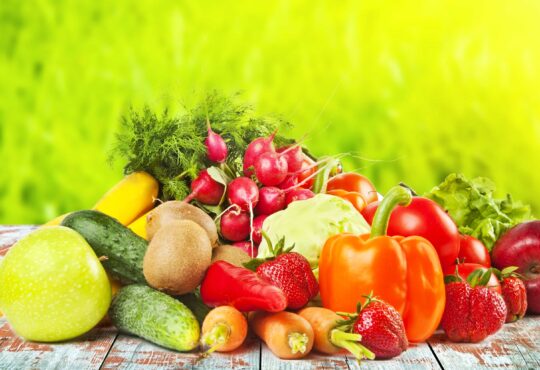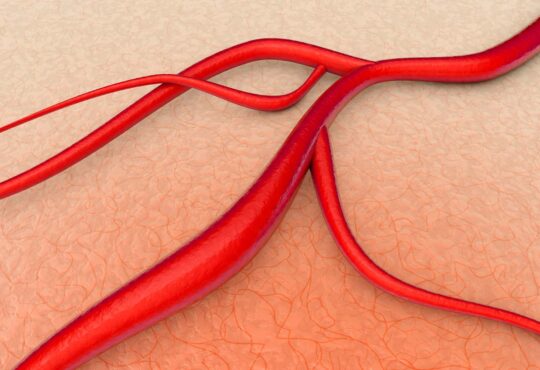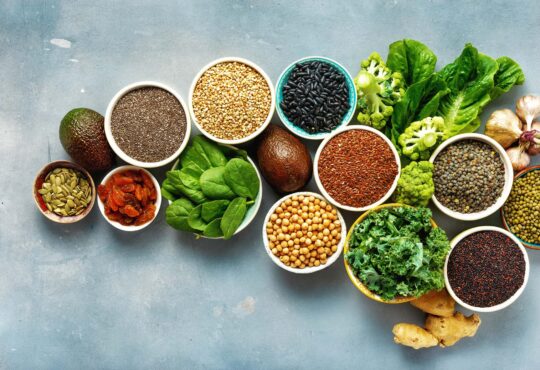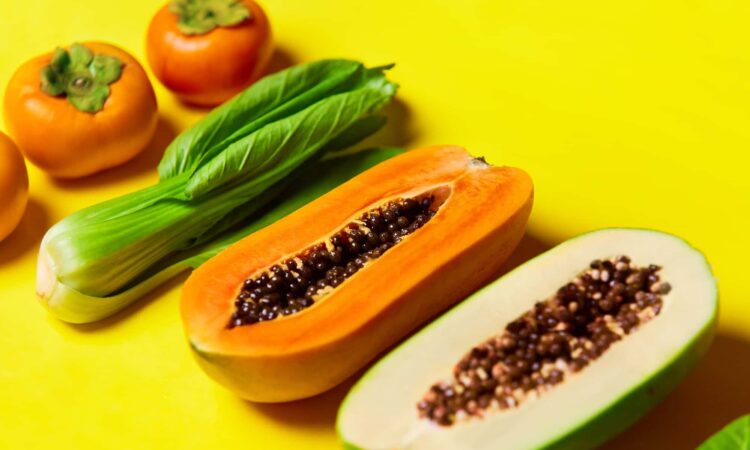
Many social media health influencers are justifiably outraged – but NOT surprised – by the revelation the Liver King grows his muscles with anabolic steroids, not raw liver.
Liver contains many harmful bacteria, parasites, hormones, and other toxic substances. Liver – and all meat – should be thoroughly cooked before eating, to kill as many hostile organisms as possible.
However, anger over the Liver King’s lying to sell his organ meat supplements to his followers shouldn’t drive people too far in the opposite direction.
The plant version of exclusive raw foodism comes with its own health risks.
What is Plant Raw Foods Extremism?
That’s where people refuse to eat anything but raw – uncooked – plant foods.
This diet dates back to 1930. Dr. Paul Kouchakoff at the Institute of Clinical Chemistry in Lausanne, Switzerland claimed that when we eat cooked foods, our bodies undergo ‘Digestive’ Leukocytosis. That’s an increase in white blood cells, similar to what happens when our bodies are infected by hostile bacteria.
However, when we eat a meal of raw plant foods, this reaction doesn’t occur. Dr. Kouchakoff therefore concluded cooked foods are toxic to health, but raw plant foods are not.
Dr. Edward Howell studied a raw plant food diet in relation to enzyme depletion.
What are Enzymes?
They’re proteins that act as catalysts to carry out many biological functions.
They’re the worker bees of our bodies. They digest food, help rebuild damaged tissues and carry out many other important tasks.
Without enzymes, we’d instantly keel over dead.
The importance of enzymes is not controversial.
But Dr. Howell claimed we are born with a finite supply of metabolic enzymes.
According to him, the sooner we run through this fixed amount of enzymes, the sooner we die.
And, since enzymes are so important, any limitation on them affects our health. That is, running short of enzymes is what makes us old and chronically sick before we die.
According to Dr. Howell, our enzymes cannot be replaced or renewed, or multiplied.
However many you got at birth, you better make the most of, it because you aren’t getting any more.
And when you run out, you’re “out” – dead.
They’re like a biological savings account. But we can’t make any deposits.
All we can do to hold off death is trying to slow down the rate at which we use up these enzymes.
Slowing down our use of enzymes is the key to living longer and healthier lives, Dr. Howell claims.
But how?
One Major Function of Enzymes is to Digest Food
Therefore, we can slow down our use of enzymes by:
1. Not eating cooked and processed foods. They require the use of digestive enzymes.
2. Eating only raw plant foods.
This allows us to “borrow” the enzymes in the raw foods we eat.
See, all organisms on Earth – plant and animal – contain lots of enzymes.
When food is cooked and/or processed, these enzymes are killed and destroyed. But enzymes are still present – and active – in raw foods.
That means they start breaking it down, so it falls apart. Leave any part of any plant alone for a few days, and you know it’ll wilt or turn brown and begin decomposing.
According to Dr. Howell, that works to your advantage when you eat raw foods.
Eat an apple, and it’s going to sit in your stomach for a time, an hour or so – and during that period its own enzymes will begin digesting it for you.
Therefore, you need to use fewer enzymes of your own to get the nutrition from that apple – or kale leaf or nut or whatever.
Myself, I find the idea of the plants I eat decomposing in my stomach sort of gross, even though I know digestion itself is probably not pretty.
Again, according to Dr. Howell, you’re conserving your own – fixed, finite supply, remember – of enzymes by leveraging the enzymes contained in the food you eat to do the heavy digestive lifting for you.
The Truth of Enzymes
They’re proteins. That is, made by our bodies from amino acids.
Our bodies know quite well how to make more enzymes. As long as you eat a sufficient amount of amino acids, there’s no problem.
And don’t think about the enzymes – or lack of them – in the foods you eat.
Your digestive enzymes break down and digest all the proteins they find in the food you eat.
Eating raw foods for their enzymes makes no sense – and the same goes for enzyme supplements sold in health food stores.
Eat fruits and vegetables for their delicious taste, their fiber and their nutrients.
Health Benefits of Cooking Food
Human beings have been cooking food for hundreds of thousands of years.
There must be good reasons.
1. Cooking plants breaks down their cell walls.
This enables us to digest them more easily. Therefore, we can more easily get the nutritional benefits of plants: vitamins, minerals, antioxidants, and phytonutrients.
2. Grains and beans require cooking.
They contain harsh substances called phytates.
Phytates DO make people sick. Which is why we have always cooked grains and beans.
Chances are, you have never thought to eat a bowl of raw wheat berries or pinto beans. Don’t!
(A certain guru is making a lot of money by scaring people away from eating whole grains and beans. In reality, they’re dangerous only if eaten raw. And who does that?)
Grains and beans have given humanity the energy and nutrition to build civilizations.
We’ve also gotten a lot from potatoes, and other root tubers such as yams and squash. All fine foods, as long as you cook them first.
Use Common Sense
Of course, many fruits and vegetables are healthy and delicious and eaten raw. You should probably eat some raw foods every day. Myself, I enjoy salads, green smoothies, and fresh fruits.
Some plants must be eaten raw. Watermelon is a great example.
Some plants are great eaten raw or cooked. Tomatoes, for instance.
Whole grains, beans, lentils, potatoes, yams, squash, pumpkins, and others must be cooked.
All that’s fine.
We all need a wide variety of nutrients. not restrictive, pseudo-scientific extremist dogma.
https://www.inverse.com/mind-body/raw-food-diet-healthy-debunk
https://www.britannica.com/science/enzyme
https://hippocrateswellness.org/learning-centre/blog/archive/raw-food-studies/
https://wholesalenutsanddriedfruit.com/history-of-the-raw-foods-movement/
https://en.wikipedia.org/wiki/Raw_foodism
https://goaskalice.columbia.edu/answered-questions/enzymes/


